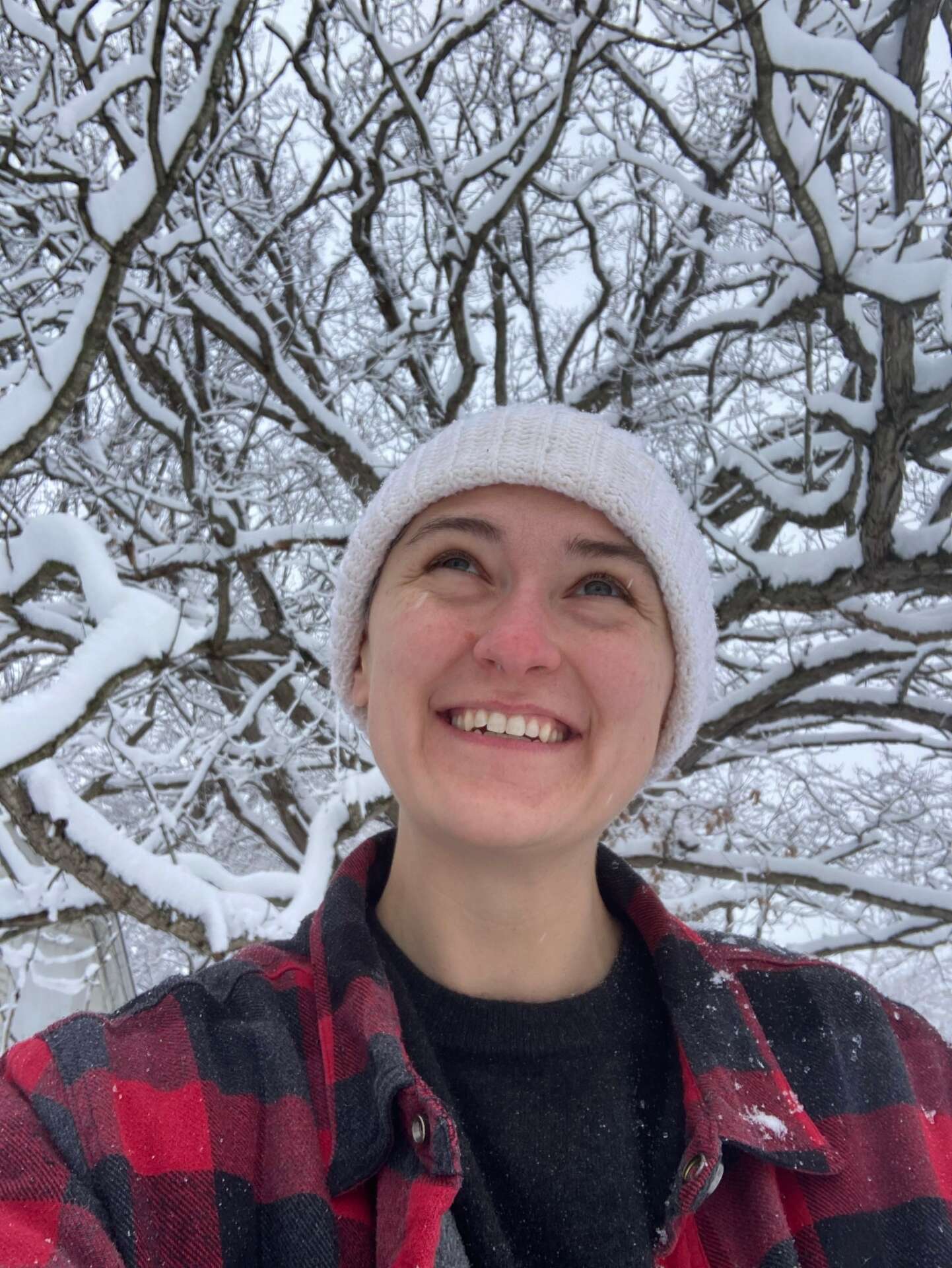We’re excited to introduce you to the always interesting and insightful Allyson Rosemore. We hope you’ll enjoy our conversation with Allyson below.
Alright, Allyson thanks for taking the time to share your stories and insights with us today. To kick things off, we’d love to hear about things you or your brand do that diverge from the industry standard.
Where I farm, in Northern Illinois, it’s still the norm to grow vegetables for the summer season only. A typical CSA season runs from June through October and season extension for vegetable farmers around here usually means May through November. But as we think about how to build effective local food systems, we must consider how to grow and distribute food year round because people don’t stop eating in January. At Owl’s Roost, we ran a very small scale trial of a year round CSA from April 2021 through October 2023- 30 continuous months of produce grown and distributed in Rockford. This year we’re transitioning to distributing food just during the “off season”, from November through May, in an effort to return some labor sustainability to our practice.
Last February I had a conversation with one of the people who was subscribed to our CSA. February is a month for storage crops, like potatoes and onions, and crops that we can grow indoors, like pea shoots and oyster mushrooms. It’s a pretty limited assortment of produce to begin with and this customer didn’t care for mushrooms, so her share was even more limited in variety. I handed over her bag for the week and apologized for it being the exact same as the previous week, but she shrugged it off. She pointed out that she liked getting onions all the time and that she was happy to be along for the ride of supporting us as we experiment with what’s possible.
I think that as we face major, existential challenges like how to create local food sovereignty that’s resilient to climate change, farmers and food system experts can get hung up on the enormity of the task. I have no doubt that I’ll become more effective at growing and distributing produce for the off season in the years to come. I’ll devise a way to get into my low tunnels when they are buried in a foot of snow and it’s 10 degrees out. I’ll improve on my winter squash storage practices so that they hold longer into the winter. I’ll find ways to collaborate with other local businesses to be able to offer processed foods like tomato sauce. It’s true that I, and other local farmers, will be better equipped to do this in the future and it’s also true that I need to start now anyway.
Diverging from seasonal production norms is a strategy for breaking the inertia of how we’ve been doing agriculture here for the past 100 years. It moves the needle, even just a tiny bit, toward the resilient, locally determined food system future we want to see. And it gives eaters in my community the choice to be my collaborators on building a food system that works for us all rather than asking them to wait for my farmer colleagues and I to devise the “right” solution for them.

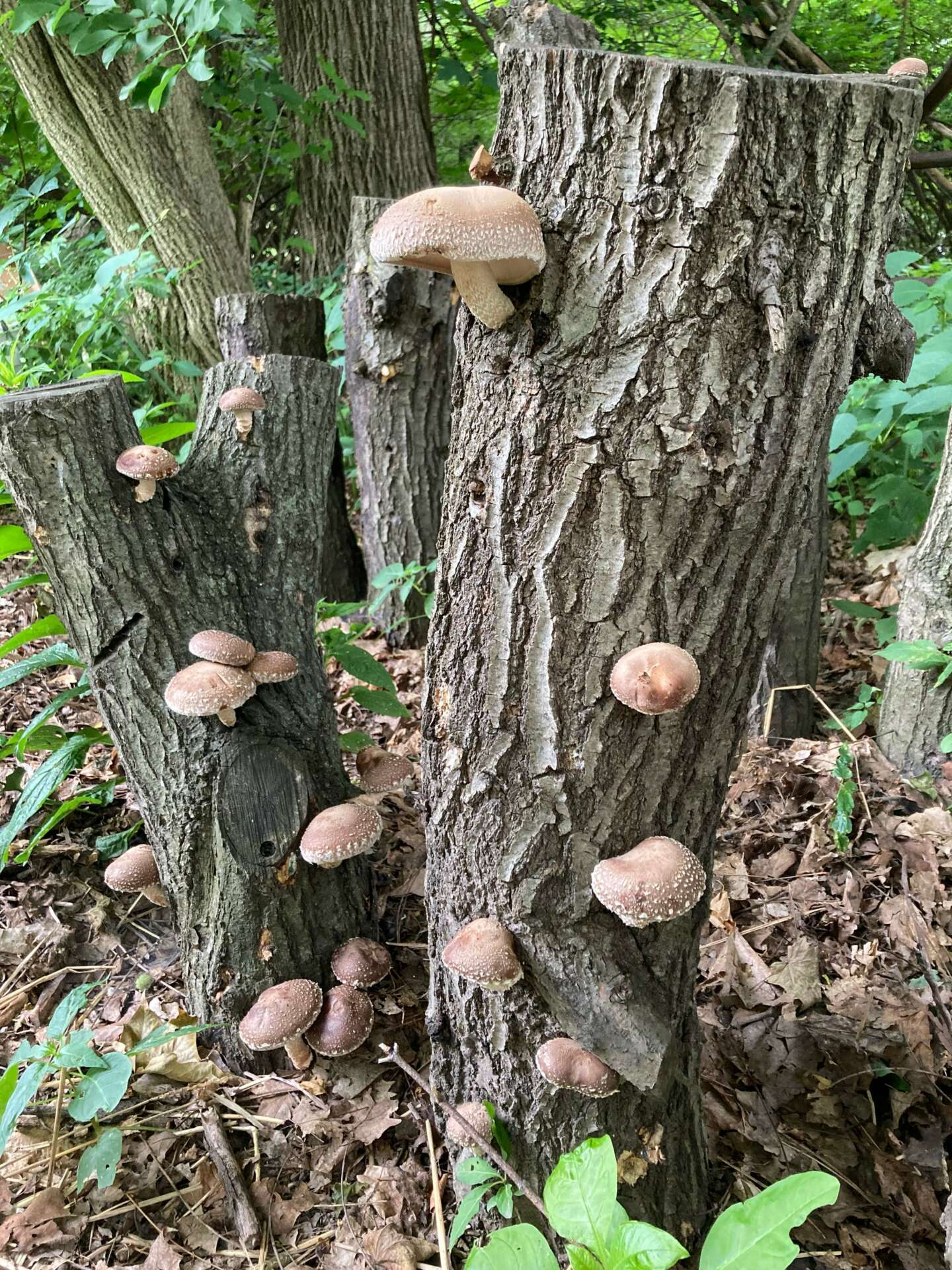
Allyson, love having you share your insights with us. Before we ask you more questions, maybe you can take a moment to introduce yourself to our readers who might have missed our earlier conversations?
Owl’s Roost Farm is an urban vegetable and mushroom farm that grows in and for the community of Rockford, Illinois. My work on the farm and in my community is primarily guided by two visions for a sustainable local food system. First, sustainable food is accessible by everyone in our community. And second, sustainable food is accessible year round.
Local food has a reputation of being expensive and local food distribution points, like farmers markets, tend to prioritize middle class, white, cis-hetero norms. The way we talk about “good” food tends to marginalize non-western food ways and can be fatphobic, classist, and ableist. All of that adds up and means that even when farms are able to offer affordable food, it still doesn’t necessarily feel accessible. This is a challenge that needs to be addressed collaboratively and through systems thinking. So, at Owl’s Roost I’m addressing both by controlling what I am able to on my own and by working in partnership with other community leaders to produce deeper change. For example, at the farm level, I make produce more affordable for more people by offering three price options for our CSA which customers can self-select into, no questions asked. And at the community systems level my farm collaborated with the Rockford Unitarian Universalist church, a local community garden, and other community partners to build a neighborhood free pantry. At the farm level, I am working on cultural accessibility by changing up what I grow based on community feedback- it wasn’t originally part of my plan to grow onions on my farm and now I grow a lot of them. At the community systems level, this year I’m leading programming for a local non-profit, Farmers Rising, that centers queer perspectives and experiences around local food.
I use this dual approach of tending to both farm level systems and community level systems to address year round accessibility too. At the farm level, I make adjustments to what crops I plant and when and what farm infrastructure I invest in. At a community systems level, I collaborate on developing market outlets that are available year round and resilient to the different risks of off-season production. We educate eaters about what they can access locally through the seasons and how to use it.
I came to farming in a pretty unusual way. I have a MEd in Learning Sciences and Human Development- how people learn things- and got interested in farming by way of the Place Based Education school of thought. Basically, the idea is that people learn better in contexts that matter to them. Given that eating is something that matters to humans pretty universally, I got curious about how to develop spaces that were both effective food production spaces as well as effective classrooms. School gardens likely come to mind when we think about that intersection, but that structure has some significant shortcomings. For example, because school gardens are almost never economically productive they rely on volunteer labor and grant funding. That means they tend not to have staying power, particularly at under resourced schools.
My original farm business plan involved running a production farm on school grounds. Logistical realities dictated a shift in plans (I currently farm on land that I privately own), but thinking of my farm as a community asset and weaving education into my work is still a major part of what I do. For example, this year I hosted “Fridays on the Farm” for anyone in the community to drop by the farm for tours, to participate in work projects (like inoculating mushroom logs!), and to share snacks and conversation around a bonfire. Not everyone has the bandwidth to get involved in their local food system, but for those of my community members who do, I am working to cultivate a space and a culture on our farm that is welcoming whether you’re just dipping your toes in or whether you’ve been part of the conversation for decades. As Wendell Berry says, “Eating is an agricultural act.” I want Owl’s Roost to be a space where the community of Rockford can practice agriculture as eaters.
Ultimately I’m most proud of how I approach my farming practice with flexibility and an experimental attitude. The past few hundred years of North American agriculture hasn’t produced good outcomes for our land or our communities. We need new and diverse ideas for how to move forward, and I’m excited that my practice is able expand the ideas for what’s possible in our region.

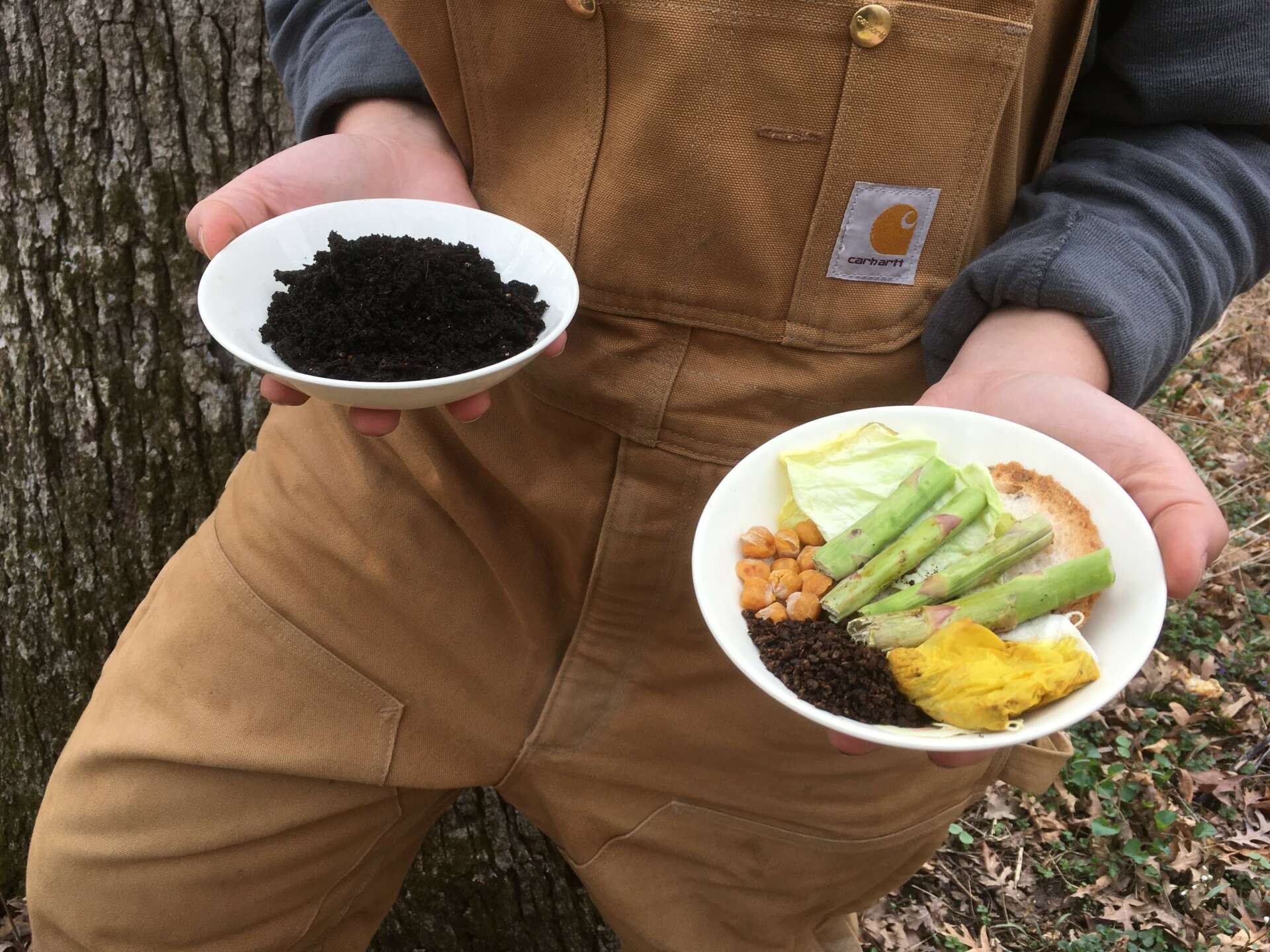
Have you ever had to pivot?
When I started Owl’s Roost, the goal was for the farm to be economically self-sustaining, but it wasn’t a priority for my labor to be paid. My wife was employed full time at a job that paid well enough to support our household and we decided together that it was more important that the farm produce community value rather than economic value for our household. The pandemic arrived shortly before the farm’s one year anniversary, and brought with it lots of changes to the farm business and it also brought lots of opportunity for self-reflection and in a story that is downright iconic for queer people of my generation, my wife and I came out. First I came out as a lesbian. Then my wife came out as a trans woman and lesbian. Then I came out non-binary.
It was a period of massive business and personal turbulence. The job that had previously provided a stable and sufficient income became a hostile environment for my wife. So we pivoted. She left her corporate job and started to farm with me. It had initially been our intention to reprioritize so that the farm was generating enough income to sustain our household, but what we found is that we didn’t feel good about pricing our product in a way that lifted us up economically but left our food out of reach for our low income community members. So we pivoted again. Now we both have values-based work that we’re paid to do off-farm in addition to our farming work. There are positive and negative consequences from having chosen to balance the economic sustainability equation this way. On the positive side, the work I do off-farm is well-aligned with my farm work and frequently benefits my farming practice (and vice versa). I also get to keep prioritizing community value even when it doesn’t produce sufficient economic value. On the negative side, there are times of year when it’s difficult to find time for anything other than work.
For us, running our business in a way that prioritizes community value over economic value is what feels successful and I suspect that we will continue to pivot our business around that idea of success going forward.

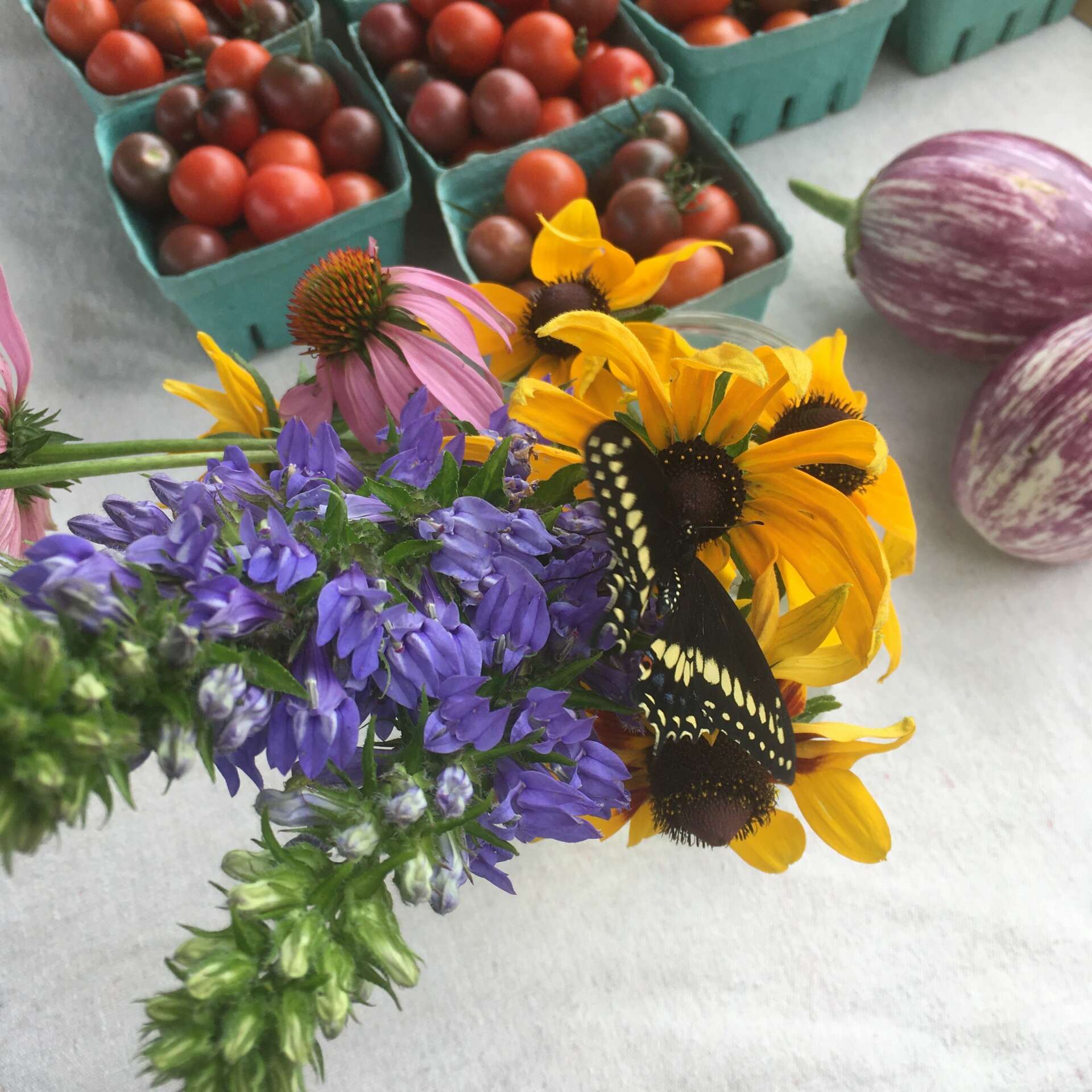
If you have multiple revenue streams in your business, would you mind opening up about what those streams are and how they fit together?
In addition to growing vegetables and mushrooms, we also run a year round compost collection program (folks subscribe to send us their kitchen scraps for us to turn into compost that we use in our vegetable gardens) and offer consulting for home gardeners/composters.
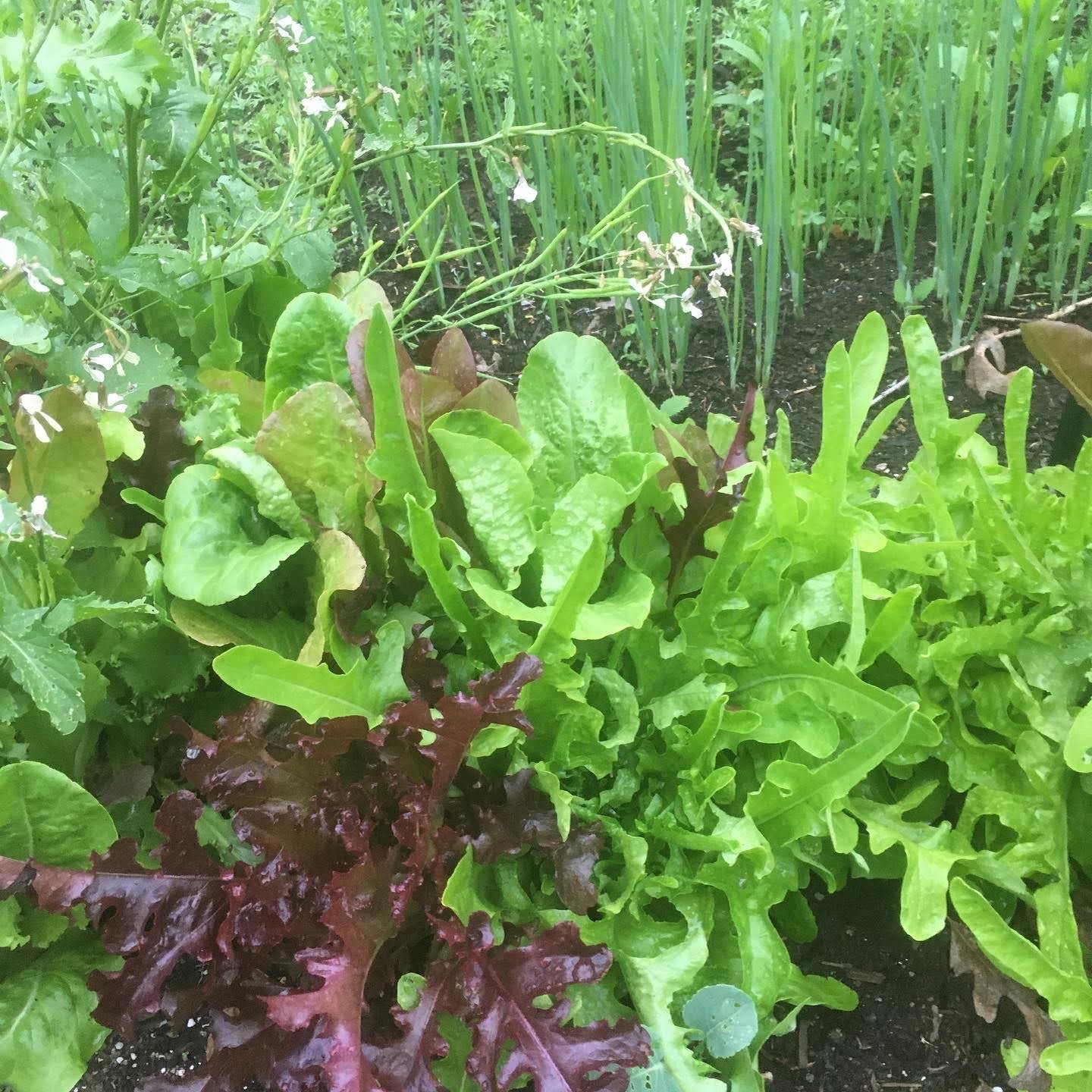
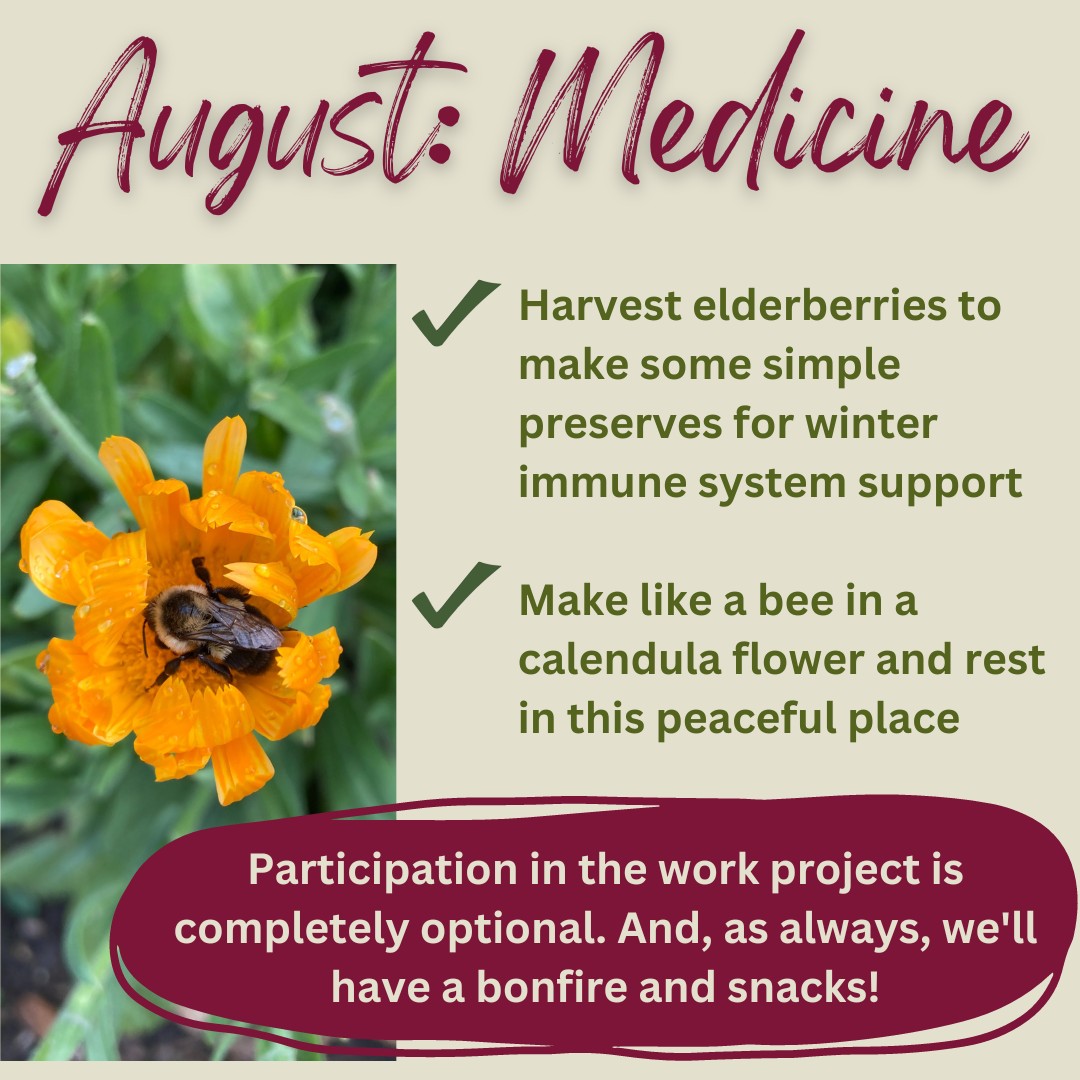
Contact Info:
- Website: www.owlsroostfarm.com
- Instagram: @owls.roost.farm
- Facebook: @owlsroostfarm
Image Credits
Just me!


